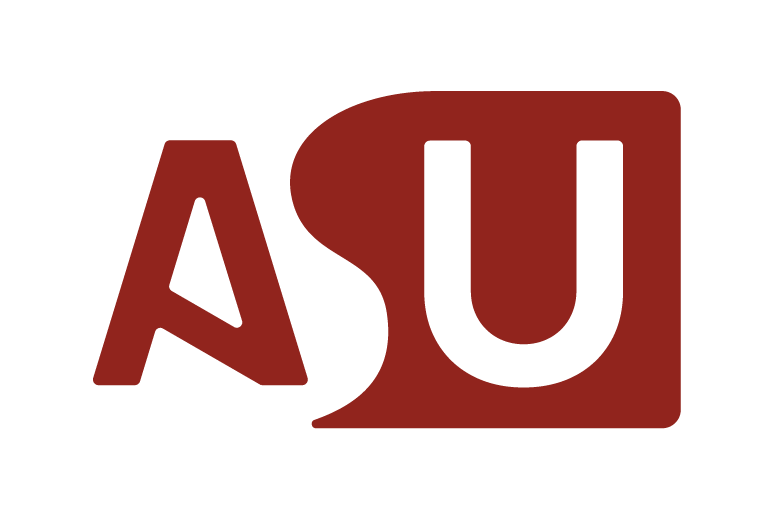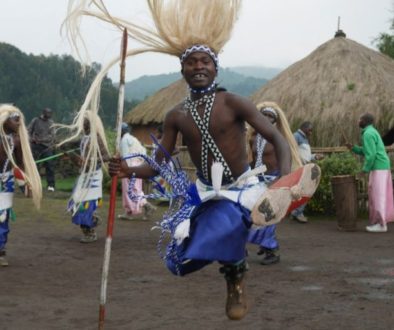University education in Africa: The one missing piece of the puzzle

Brexit has not only changed the economical and political landscape, it has also affected the beloved access of international students to British universities. While we enthusiastically discuss the nitty-gritty of changes to our domestic, UK or even US tertiary educational systems, we somewhat forget to share the same zeal and passion when talking about the educational systems of countries which are further away from the public eye.
This does not only propel ignorance but it makes it all too easy to overlook the trends, progress and obstacles in countries with emerging tertiary education markets, where changes can be genuinely life-altering.
African tertiary education today
Times Higher Education’s World University Rankings 2021 highlights the best African universities span across 10 countries. The University of Cape Town, which was founded in 1829, is Africa’s top university, holding the 155th place in the global ranking. Other prestigious universities that have shaped world-class leaders include Makarere University (Uganda), University of Dar es Salaam (Tanzania), University of Ibadan (Nigeria), University of Ghana or University of Zimbabwe.
Many institutions have emerged in Africa as a result of a renewed emphasis on raising a generation of leaders who can address Africa’s specific needs. Innovative learning methods are common for institutions like African Leadership University (Rwanda & Mauritius), USIU-Africa University (Kenya) or the African School of Economics (Benin). Leadership growth, competence development, entrepreneurship and technical advancement promotion, gender equality, community learning models, critical thinking and science are only a few of the topics covered. These institutions also promote pan-African ideals, with an emphasis on regional rather than national outcomes.
Despite fruitful progress, the Covid-19 pandemic has brought upon a unique set of challenges as concerns arise about how to continue working to increase African students’ access to high-quality higher education.
Access to higher education is crucial for the continent’s advancement
Acholonu and Nije of the London School of Economics and Political Science shine light on the slow progress of African tertiary education that the World Bank has been highlighting since 1991. The 1991 World Bank report asserted one of the main obstacles to African countries’ growth was a scarcity of qualified experts to run their policies, structures, and economies. A void that tertiary education institutions aimed to fill. Essential as this report was, it ignored the colonial histories that have shaped and still influence the context of education throughout the continent.
In 2017, a report by the same institution drew attention to the fact that more people were educated, but there still remained a massive gap between elites and the rest of the African population. This is something that has slowed productivity and economic growth of the continent itself.
It is clear from reading the studies, more than 26 years apart, that training qualified individuals through education is the one missing piece of successful and sustainable development in Africa.
Our next ASU Talk guest is Mohamed Bouya Maalainine, the founder of Isachamp and an alumni of the African Leadership University. Isachamp is an organisation that crowdfunds scholarships to enable young Africans to access educational opportunities that set them up for success. Mohamed also works in the Products & Operations department at the financial start-up ALGroup that uses Income Sharing Agreements to finance the education of students in Africa.
In ASU Talk #8, we will explore the topic of accessibility of education for African students, the differences between European and African education and why education is truly a gateway to opportunities. Join our Facebook livestream on Sunday, 30th May 2021 at 6pm
Sources
Acholonu, I. & Nije, S. (2020) African students’ access to higher education is a priority for the continent’s development.
Written by: Lenka Judinova





